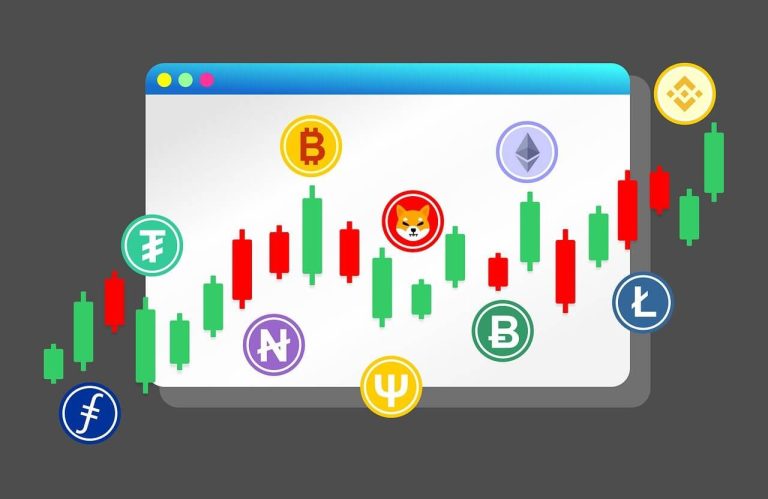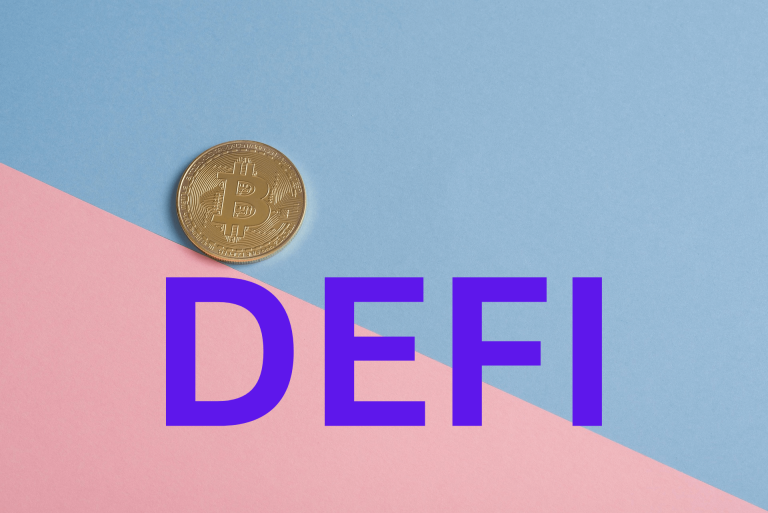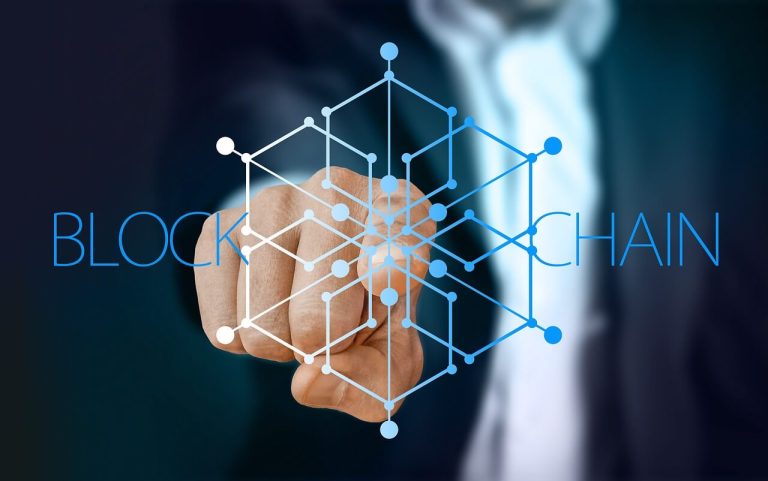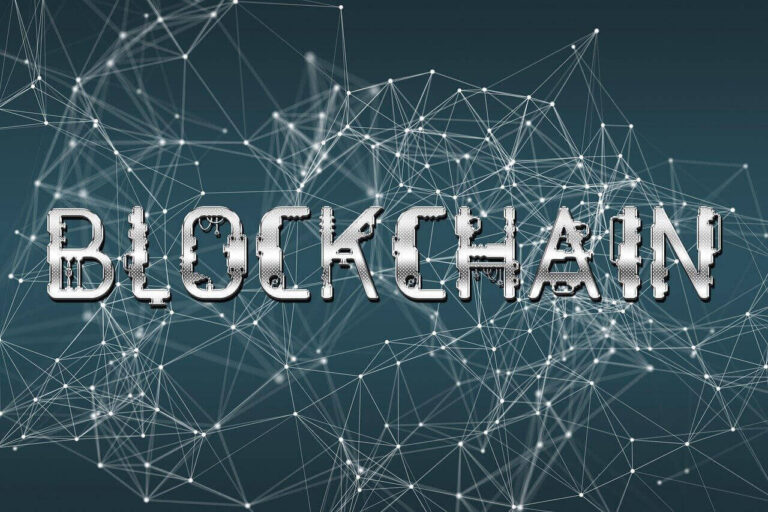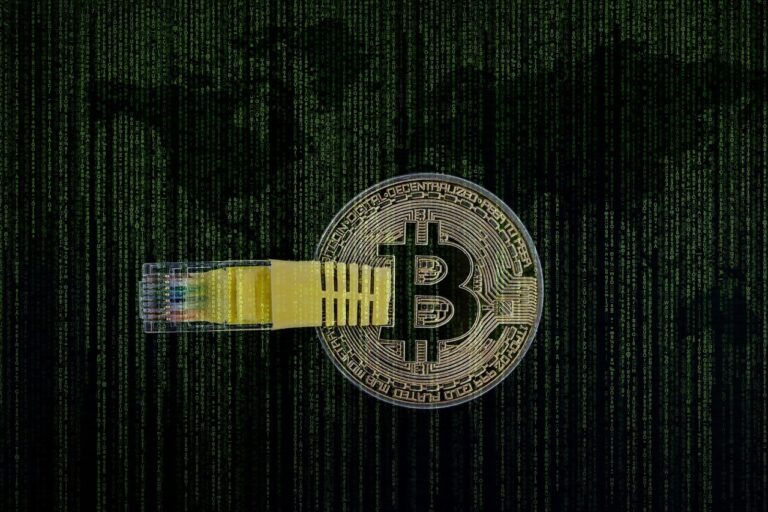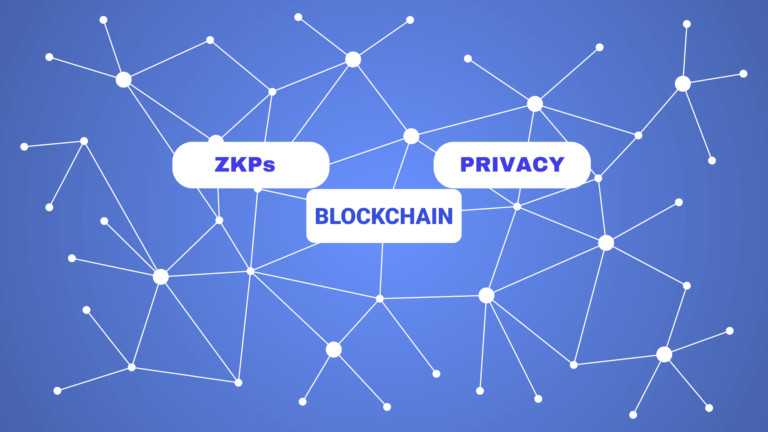How Decentralized Oracles Power the DeFi Ecosystem [The Hidden Truth]
What experts wont tell you about decentralized oracles in DeFi. Learn how they connect blockchains to real-world data, enhance smart contracts, and drive automation.
Decentralized Finance (DeFi) is evolving and changing the way we handle financial services by removing intermediaries like banks and brokers. It is created on blockchain technology and allows users to lend, borrow, earn interest, and trade assets directly through smart contracts through self-executing agreements coded into the system.
A key component of this system is oracles, which connect blockchains to real-world data. While oracles enhance functionality, their mismanagement can pose risks, making them a focus of ongoing development to improve reliability and security in the DeFi ecosystem.
READ ALSO: How to Buy Bitcoin and Other Cryptocurrencies [Scam Free Tips]
READ ALSO: How Crypto Lending Platforms Work: Top Secrets You Must Know
READ ALSO: Top 7 Eco-Friendly Blockchain Platforms in 2025
What are Oracles in Blockchain?
A blockchain oracle connects smart contracts to real-world data. It provides the information needed for smart contracts to function accurately, from basic transactions to complex financial operations. Oracles bridge the gap between blockchains and external systems, allowing them to interact with off-chain data and processes.
Without oracles, blockchains would remain isolated, limiting their use. Oracles also enable communication between different blockchains, creating a more connected and functional network. Reliable data from oracles is critical, as inaccurate information can cause serious issues within the system.
Types of Oracle
Hardware Oracles
Hardware oracles compile data from the physical world and convert it into digital form for use in smart contracts. They are essential in scenarios like supply chain management. For instance, if a shipment of food passes through various checkpoints, a hardware oracle automatically records the event and triggers the relevant actions in the smart contract.
Software Oracles
Software oracles pull data from online sources and deliver it to the blockchain. These sources include websites, servers, and online databases. In the context of cryptocurrency, software oracles often rely on information from exchanges to provide accurate market data.
Inbound Oracles
Inbound oracles bring data from the external world into the blockchain. They allow smart contracts to use off-chain information, such as weather updates or stock prices, to function effectively.
Outbound Oracles
Outbound oracles convey data from the blockchain to external systems. They are vital for triggering off-chain actions, like sending alerts or initiating payments based on blockchain events.
Benefits of Blockchain Oracles
Blockchain oracles bring numerous advantages to decentralized finance (DeFi) and beyond:
Enhanced Functionality
Oracles expand what smart contracts can do, enabling them to respond to real-world events and scenarios.
Real-World Integration
Smart contracts gain access to off-chain data, connecting blockchain technology to real-world use cases like weather data or asset prices.
Automation and Efficiency
Oracles trigger automated actions when specific conditions are met thereby reducing the need for intermediaries and speeding up processes.
Trust and Transparency
Decentralized oracles improve data reliability by providing verified information, ensuring transparency in how the data is sourced and validated.
Risks of Using Oracles
Price Delays
Network congestion or time differences between on-chain and off-chain systems can delay price updates, leading to incorrect outcomes.
Majority Attack
If a single entity controls most oracle nodes, it can feed false data and manipulate smart contract execution.
Mirroring Attack
When oracle nodes replicate false data shared by one node, the entire system could end up relying on inaccurate information.
Data Manipulation
Unsecured data sources or interference by third parties can corrupt the information provided to smart contracts.
Oracle Bugs
Software vulnerabilities within oracles can be exploited, raising questions about the reliability of their outputs.
How Oracles Work
Data Flow
Oracles facilitate data exchange between off-chain sources and on-chain smart contracts. This involves requests, retrieval, verification, and delivery to ensure smart contracts operate with accurate data.
Decentralization and Security
Decentralized oracle networks use multiple nodes or reputation systems to minimize manipulation and ensure robust data accuracy
Oracle Architecture
- Centralized Oracles: It depend on a single source of data which make them vulnerable to failure and manipulation.
- Decentralized Oracles: Use multiple data sources and consensus mechanisms to ensure reliability and reduce risks.
- Hybrid Oracles: Combine the strengths of centralized and decentralized systems to balance efficiency and security.
Data Verification
To maintain blockchain trust, oracle data is verified using techniques like consensus mechanisms or cryptographic methods to ensure authenticity.
Smart Contract Integration
Oracles connect with smart contracts through interfaces that allow data requests and responses, enabling real-time interaction with external information.
DeFi Applications of Oracles
Price Feeds
Provide real-time asset prices for exchanges, lending platforms, and derivatives markets to ensure accurate operations.
Stablecoins
Support stablecoin value stability by supplying fiat currency data to adjust for price deviations.
Insurance Protocols
Enable automatic claim payouts by verifying insured events through decentralized oracles.
Prediction Markets
Deliver real-world event outcomes to allocate winnings fairly in prediction markets.
Cross-Chain Oracles
Enable data and asset interoperability between different blockchains, expanding DeFi capabilities.
Conclusion
Decentralized oracles are transforming the DeFi landscape by closing the gap between blockchain technology and real-world data. They enable smart contracts to operate efficiently, integrate with external systems, and automate critical processes.
Despite their benefits, challenges like price delays and data manipulation highlight the need for robust oracle systems. As advancements continue, decentralized oracles will remain a cornerstone in creating a more connected and reliable blockchain ecosystem.


